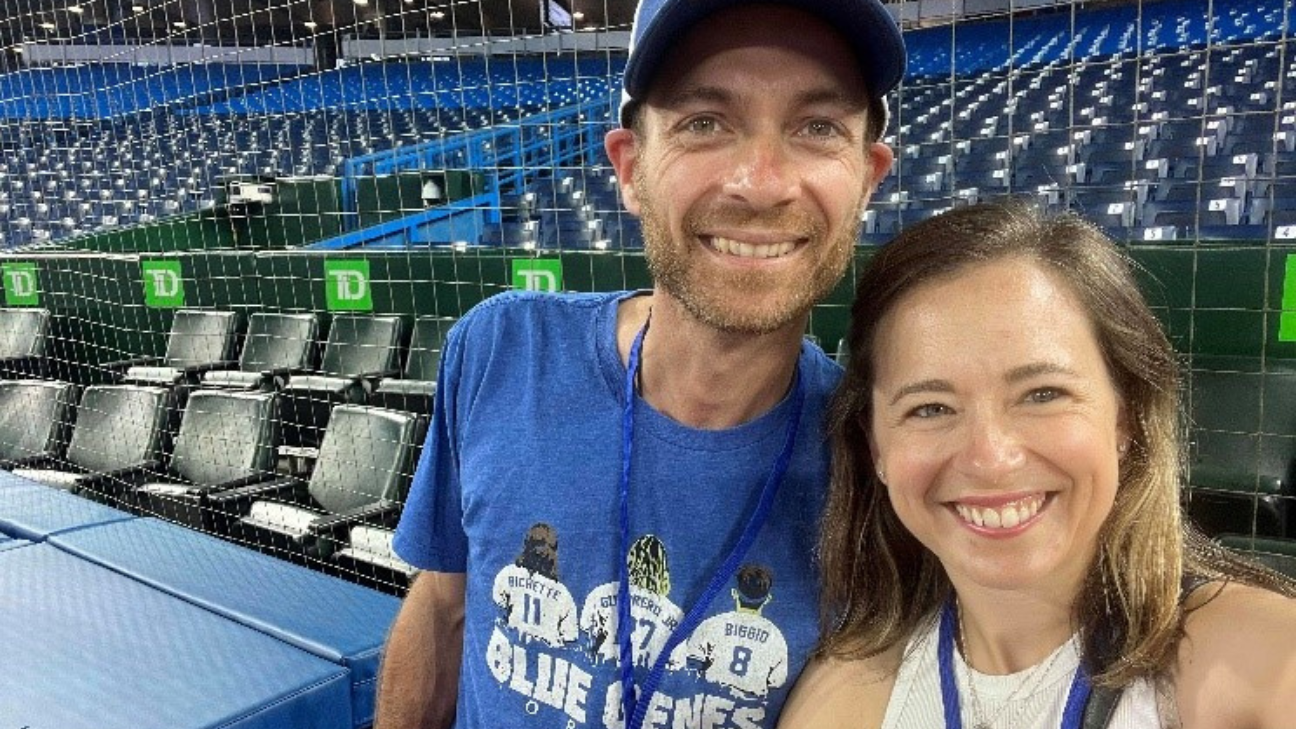what it feels like: facing pancreatic cancer with hope for a better future in early detection and precision medicine
'science is happening and it’s amazing. someday, cancers like pancreatic cancer will become more like living with a chronic disease. we’re not there today, but maybe that’s what happens.'
nov 05, 2024
no stone unturned – connor’s pancreatic cancer journey
we are grateful to be sharing the lived experience of connor and jen who documented their personal journey with pancreatic cancer to help other families cope with the challenges of this disease.
oct 30, 2024
by the numbers… connor’s pancreatic cancer journey
here’s what the 895+ days have looked like beginning on december 24, 2021 when the symptoms and many tests started.
oct 30, 2024
where our story begins … introducing connor and jen
on april 22, 2022, a diagnosis of stage iv pancreatic cancer was received.
oct 30, 2024
by the numbers… connor’s pancreatic cancer journey
here’s what the 895+ days have looked like beginning on december 24, 2021 when the symptoms and many tests started.
oct 30, 2024
where our story begins … introducing connor and jen
on april 22, 2022, a diagnosis of stage iv pancreatic cancer was received.
oct 30, 2024
lessons learned during the journey from oncology nurse to pancreatic cancer patient
even working as an oncology nurse for 25 years, jenny guittard's stage 4 metastatic pancreatic cancer diagnosis came with many unexpected obstacles.
oct 30, 2024
daughter honours mother’s tenacious spirit by volunteering to help others
when arax copeman’s mother, lucy, was diagnosed with pancreatic cancer in 2018, they were told she had a year to live, yet their hope never wavered.
oct 30, 2024
lessons learned during the journey from oncology nurse to pancreatic cancer patient
even working as an oncology nurse for 25 years, jenny guittard's stage 4 metastatic pancreatic cancer diagnosis came with many unexpected obstacles.
oct 30, 2024
daughter honours mother’s tenacious spirit by volunteering to help others
when arax copeman’s mother, lucy, was diagnosed with pancreatic cancer in 2018, they were told she had a year to live, yet their hope never wavered.
oct 30, 2024
catherine mcbride shares her husband’s cancer battle and the increased risk faced by firefighters
“he was tired and lethargic. he worked shift work, so he thought it was just the toll of shift work catching up with him"
oct 30, 2024
pancreatic cancer north america and pancreatic cancer canada announce funding for innovative early detection research project at md anderson
for many years, research into early detection has primarily focused on circulating biomarkers of early pancreatic cancer in the blood.
oct 30, 2024
catherine mcbride shares her husband’s cancer battle and the increased risk faced by firefighters
“he was tired and lethargic. he worked shift work, so he thought it was just the toll of shift work catching up with him"
oct 30, 2024
pancreatic cancer north america and pancreatic cancer canada announce funding for innovative early detection research project at md anderson
for many years, research into early detection has primarily focused on circulating biomarkers of early pancreatic cancer in the blood.
oct 30, 2024
no reason for celebration on national cancer survivors day
"we can do better than give hope; we can save lives."
oct 30, 2024
empowering patients to live fully: the role of palliative care
"it is my hope that we can find ways to work together to raise awareness and support for palliative care."
oct 30, 2024
 6 minute read
6 minute read

















